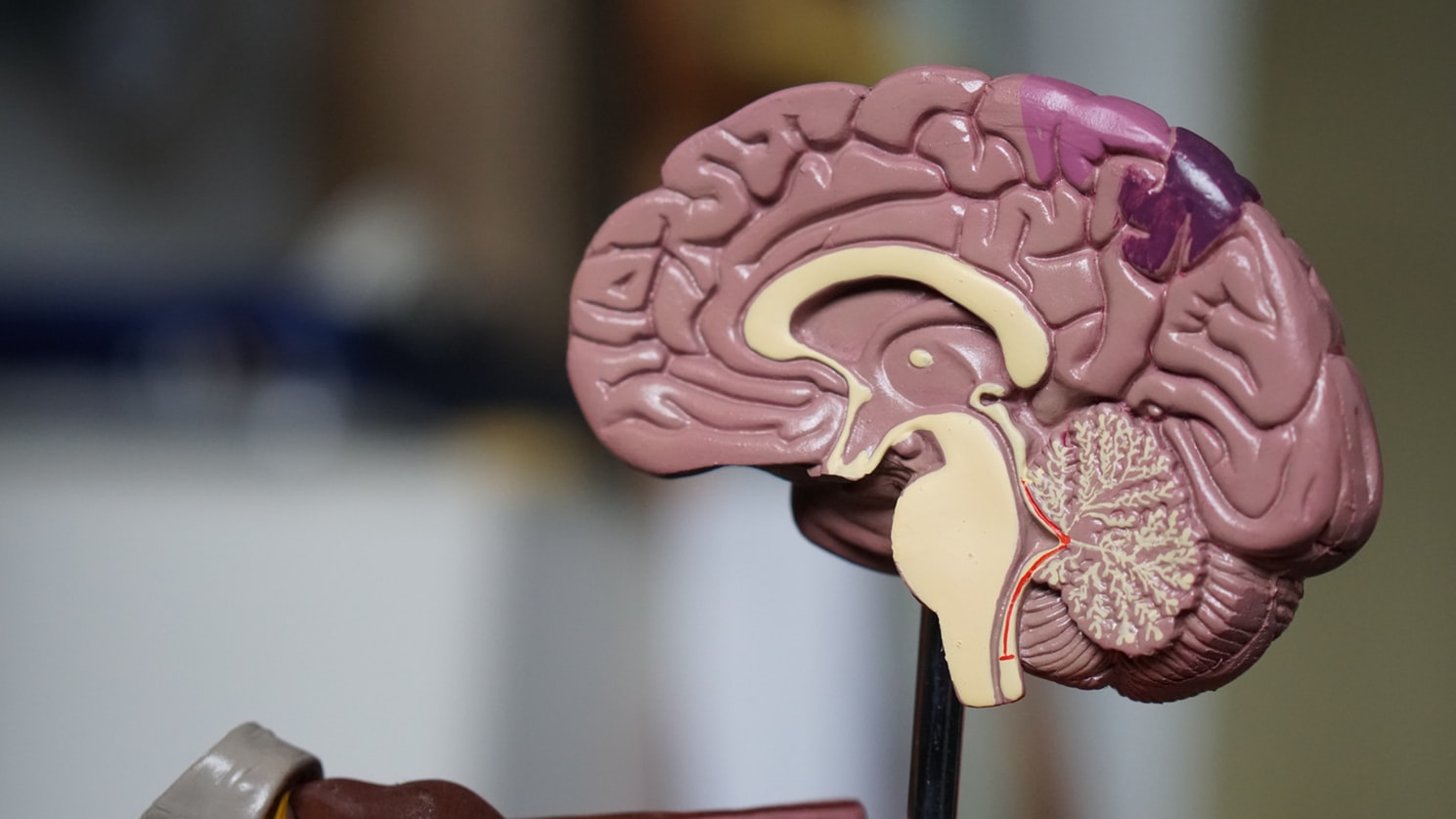
A birthday that was forgotten. A boring story. Confusion about a basic assignment. These seemingly harmless memory lapses will progress to slurred voice, erratic pacing, aggressive muscle spasms, or delusions for heavy drinkers, indicating brain damage caused by alcohol. The harm will lead to wet brain syndrome, a potentially life-threatening disease if left unchecked.
What's the Wet Brain?
“Wet brain” is a term describing Korsakoff's psychosis, Wernicke-Korsakoff syndrome, or persistent brain syndrome. The wet brain is triggered by a lack of Thiamine (Vitamin B1) which usually occurs in individuals with alcoholic addiction.
Wet alcohol brain impacts the lower brain areas, and can also cause irreversible brain injury and issues with memory.
What are the signs of a wet brain?
The wet brain symptoms emerge with time in the form of stages, each with its own series of indications. Physical signs can include, early on,
- Anemia or other dietary disorders that co-occur
- Drooping eyelids
- Tiredness or fatigue
- Twitching of the leg or spasms
- Appetite Loss
- Loss of memory
- Nausea
- Decline of health
- Rapid loss of weight
- Vomiting
Many that struggle may be overwhelmed in the early stages or have difficulty focusing. Patients can also note improvements in personality, short-term memory disorders, talkativeness, or a tendency to share great tales.
Later stages also include ataxia or a spinal cord neurological condition. An individual can lose a considerable amount of muscle tone as this progresses. Similar to alcohol abuse, it may start with a loss of balance and eventually grow in with an inability to stand or walk unaided.
Who can have a wet brain?
People who drink alcohol consistently for extended periods of time are much more inclined to have a wet brain than others, while intense periods of vomiting or inadequate diet can also induce it.
Alcohol impairs the ability of the body to absorb vitamin B1 because people that drink daily or who drink significant quantities of alcohol often develop a wet brain.
What Are The Causes?
While the wet brain is not induced exclusively by alcohol intake, the normal lifestyle of a person who typically consumes alcohol where the proper diet is sometimes ignored often increases the probability of the condition occurring.
There can be some nutritional shortages, particularly thiamine, for individuals who lack a healthy diet over extended periods of time. A lack of thiamine in the food of an individual can conflict with the digestion of glucose and damage the brain.






